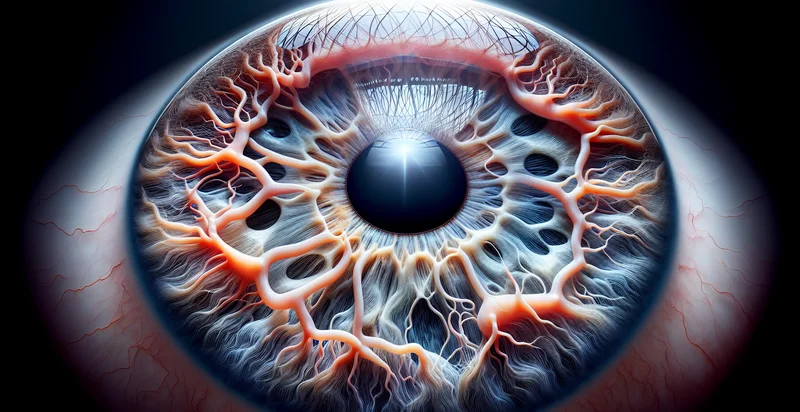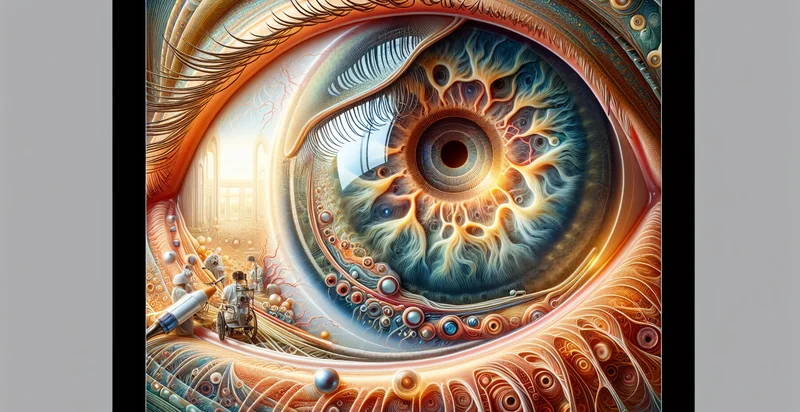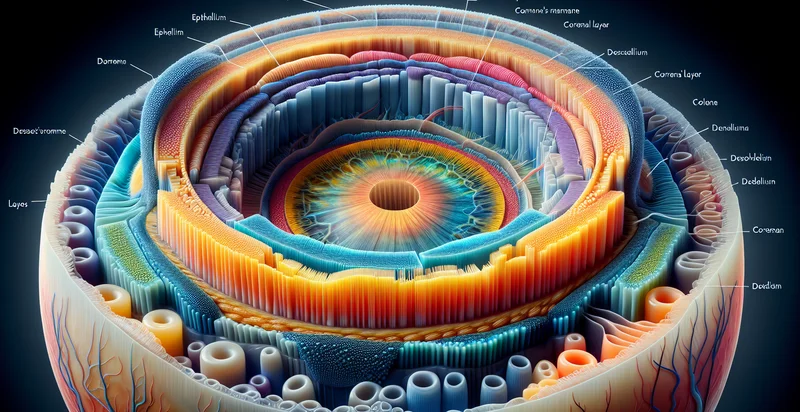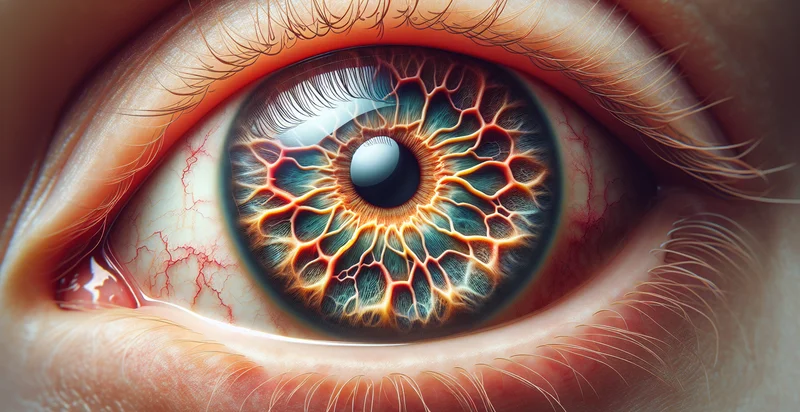Identify corneal clarity
using AI
Below is a free classifier to identify corneal clarity. Just upload your image, and our AI will predict the level of corneal clarity in various eye conditions - in just seconds.

Contact us for API access
Or, use Nyckel to build highly-accurate custom classifiers in just minutes. No PhD required.
Get started
import nyckel
credentials = nyckel.Credentials("YOUR_CLIENT_ID", "YOUR_CLIENT_SECRET")
nyckel.invoke("corneal-clarity", "your_image_url", credentials)
fetch('https://www.nyckel.com/v1/functions/corneal-clarity/invoke', {
method: 'POST',
headers: {
'Authorization': 'Bearer ' + 'YOUR_BEARER_TOKEN',
'Content-Type': 'application/json',
},
body: JSON.stringify(
{"data": "your_image_url"}
)
})
.then(response => response.json())
.then(data => console.log(data));
curl -X POST \
-H "Content-Type: application/json" \
-H "Authorization: Bearer YOUR_BEARER_TOKEN" \
-d '{"data": "your_image_url"}' \
https://www.nyckel.com/v1/functions/corneal-clarity/invoke
How this classifier works
To start, upload your image. Our AI tool will then predict the level of corneal clarity in various eye conditions.
This pretrained image model uses a Nyckel-created dataset and has 12 labels, including Blurred, Clear, Cloudy, Distorted, Dull, Fuzzy, Hazy, Irregular, Opaque and Scarred.
We'll also show a confidence score (the higher the number, the more confident the AI model is around the level of corneal clarity in various eye conditions).
Whether you're just curious or building corneal clarity detection into your application, we hope our classifier proves helpful.
Related Classifiers
Need to identify corneal clarity at scale?
Get API or Zapier access to this classifier for free. It's perfect for:
- Ophthalmology Diagnostics: The 'corneal clarity' identifier can assist ophthalmologists in diagnosing conditions related to corneal opacities or cloudiness. By accurately classifying the clarity of the cornea, practitioners can provide more targeted treatment plans and monitor progression over time.
- Telemedicine Services: This function can be integrated into telemedicine platforms to enhance remote eye examinations. By allowing healthcare providers to assess corneal clarity from images submitted by patients, it increases accessibility to eye care, especially in remote or underserved areas.
- Automated Screening Tools: Eye clinics can utilize the 'corneal clarity' identifier as part of automated screening tools for initial evaluations. This reduces the workload on medical staff and speeds up the identification of patients who may require further in-depth analysis for their corneal health.
- Research and Development: The function can support research institutions focusing on corneal diseases by providing consistent and reliable metrics for clarity assessments. This data can help in the development of new therapies and improve the understanding of various corneal conditions.
- Patient Education: By using the corneal clarity classification in educational tools, healthcare providers can visually explain to patients the status of their corneal health. This visual representation can enhance understanding and compliance with treatment procedures, leading to better health outcomes.
- Pre-surgery Assessments: Surgeons can leverage the 'corneal clarity' identifier during pre-operative evaluations for procedures such as LASIK or corneal transplants. Reliable assessments of corneal clarity help in determining patient eligibility and planning tailored surgical approaches.
- Insurance and Billing Support: Insurance companies can implement this function to streamline claims related to corneal treatments. By having a consistent identification of corneal conditions, it can facilitate more accurate billing practices and reduce disputes over treatment necessity.


